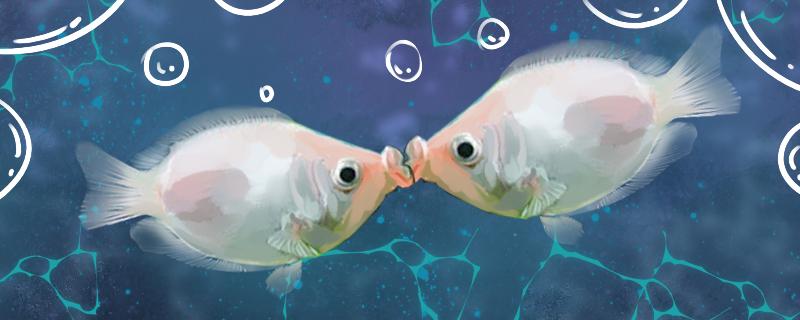 Does
Does ? The kissing fish can eat black shell shrimp. Black-shelled shrimps have high nutritional value, and feeding them to kissing fish from time to time can make their scales more shiny. However, when feeding, it is necessary to peel off the head and shell of the black shell shrimp. These hard shells will cut the intestines of the kissing fish, which is not conducive to their healthy growth.
Kissing fish are omnivorous fish, not picky eaters at all, and they can be fed a variety of baits when feeding. You can choose fresh vegetables to feed them, such as spinach, baby vegetables and so on. At the same time, they can be fed fresh live bait, such as black shell shrimp. Balanced and healthy feeding can make kissing fish grow better. Is
? Black shell shrimp is non-toxic. The high protein content in black shell shrimp can make the body color of kissing fish more shiny. Before feeding black shell shrimp to small fish, they should be shelled first. These hard shells are not easily digested in the stomach of small fish, which may cause indigestion of small fish. It should be noted that the surface of black shell shrimp will carry some bacteria, which should be sterilized and disinfected in advance before feeding to small fish, so as to reduce the risk of fish disease.